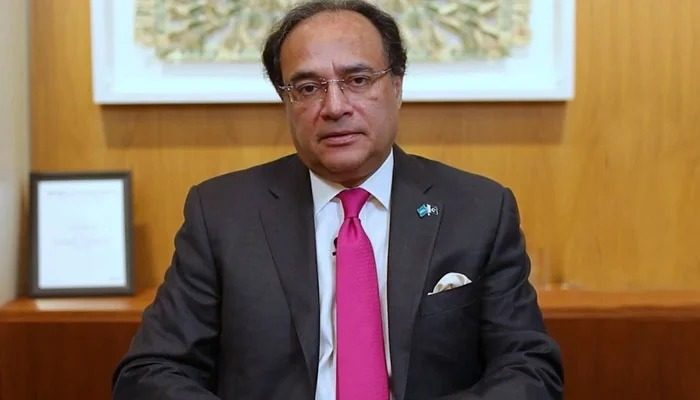As Pakistan grapples with the economic impacts of unchecked smuggling and illicit trade, strengthening the FBR’s institutional capabilities has become a priority

By our correspondent
ISLAMABAD: In a recent session of Pakistan’s Economic Coordination Committee (ECC), led by Finance Minister Senator Muhammad Aurangzeb, significant financial measures were approved that promise to address key areas within Pakistan’s infrastructure, revenue administration, and democratic processes. Among the most notable decisions was a technical supplementary grant of nearly Rs. 17 billion allocated to the Ministry of Communications.
This substantial funding is expected to provide the Ministry with the resources needed for various developmental and infrastructure projects under its jurisdiction, potentially aiding in road construction, transportation networks, and essential communication links that are deemed vital for Pakistan’s economic growth and accessibility across regions. The ECC also focused on bolstering the Federal Board of Revenue (FBR), approving a proposal designed to enhance both its expertise and capacity. As Pakistan grapples with the economic impacts of unchecked smuggling and illicit trade, strengthening the FBR’s institutional capabilities has become a priority.
The meeting reportedly included a thorough review of anti-smuggling measures as part of the FBR’s Transformation Plan, reflecting a governmental resolve to tighten revenue collection, address smuggling more effectively, and reduce the economic losses associated with illegal trade. These measures are intended to modernize the FBR, enabling it to respond with greater agility to revenue collection challenges while fostering a transparent trade environment. In a further display of support for Pakistan’s democratic structure, the ECC also approved a grant of Rs. 1.32 billion to the Election Commission of Pakistan.
This funding is aimed at facilitating the upcoming local government elections across the provinces and in Islamabad. The grant will support logistical and operational requirements, including staffing, training, and outreach initiatives that are essential to the effective and fair execution of the elections. As Pakistan’s government prioritizes democratic engagement at the local level, this funding underscores a commitment to ensuring that citizens have reliable access to the voting process and that electoral integrity is upheld.
These ECC decisions collectively underscore a government that is addressing a broad spectrum of challenges: infrastructure needs, revenue collection pressures, and the imperative of democratic governance. By channeling resources into the Ministry of Communications, the FBR, and the Election Commission, the ECC is taking steps to stabilize Pakistan’s infrastructure, solidify its financial base, and empower democratic mechanisms. The latest funding measures suggest a holistic approach aimed at strengthening Pakistan’s social and economic framework, promising both immediate and long-term impacts across multiple sectors.



